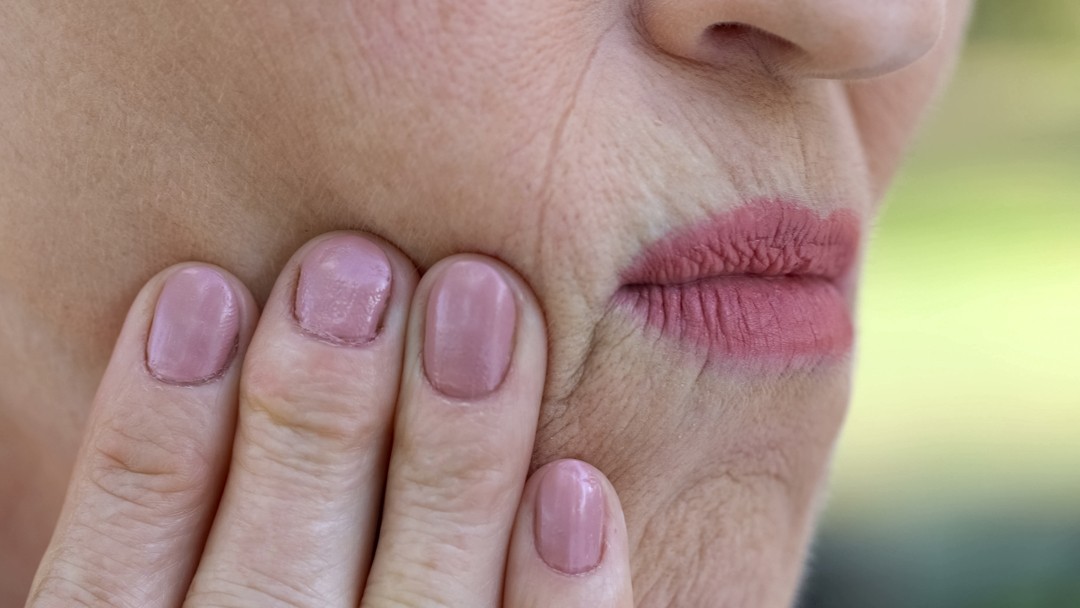- December 2024
- November 2024
- October 2024
- December 2023
- April 2022
- March 2022
- February 2022
- January 2022
- November 2021
- October 2021
- September 2021
- August 2021
- July 2021
- January 2021
- December 2020
- November 2020
- October 2020
- September 2020
- August 2020
- July 2020
- June 2020
- May 2020
- April 2020
- March 2020
- February 2020
- January 2020
- December 2019
- August 2019
- July 2019
- June 2019
- May 2019
- April 2019
- March 2019
- February 2019
- January 2019
- December 2018
- November 2018
- October 2018
- September 2018
- August 2018
- July 2018
- May 2018
- April 2018
- March 2018
- February 2018
- January 2018
- November 2017
- October 2017
- September 2017
- August 2017
- July 2017
- June 2017
- April 2017
- March 2017
- January 2017
- October 2016
- October 2015
- September 2015
- August 2015
Knowing the Difference between Sensitive Gums and Sensitive Teeth
3 April,2018Without a second thought, we use our gums and teeth every single day. They play a vital role in the overall function of the mouth and, whilst these are taken for granted, are only truly thought about when pain strikes.
Whether you are noticing sensitivity in the gums or the teeth, it can be a massive discomfort to ignore. Although they are similar in feel, there is a difference in what they could be saying about your dental health.
Tooth Sensitivity
Noticed mainly when eating something sweet, in major temperature changes or through brushing, tooth sensitivity can be uncomfortable and disruptive for an individual. The sensitivity has a number of dental causes, which are similar to gum pain. These include tooth fractures and cavities, worn enamel, receding gums, loose fillings, exposed dentin and can also contribute to gum disease. Although, sensitivity can also be caused by grinding the teeth, overuse of mouthwash, or brushing with too much force.
Gum Sensitivity
The irritation of the gums can be identified in a number of ways, and an indicator for some interesting dental diseases. Gum disease can stem from gingivitis, which is the first stage of gum disease. This is characterised by swollen, tender and sensitive gums that may be prone to bleeding and make your breath smell bad. Gingivitis, when not taken care of, can progress into gum disease. The main cause of gum sensitivity is poor oral hygiene methods. Plaque build up plays a vital part in the deterioration of the gums and can also play into the progression of gum disease.
Apart from poor oral hygiene, gum sensitivity can also be brought on by tobacco use, diabetes, pregnancy and crooked teeth.
Treatment Methods and Prevention Tactics
If you ignore the gum and tooth sensitivity that you are experiencing, you could be leaving the door open for more serious issues to present themselves. In early stages, these problems can be easily prevented and treated through the maintenance of a good dental hygiene routine. Try some toothpastes on the market that are specialised towards oral sensitivities. Alternatively, upon a check up with your dentist, it may be decided to take a more extensive approach such as bonding, gum grafting or a root canal if necessary.
The dentists at Dental on Clarendon will work with you to identify and solve your dental issues! Get in touch today.


